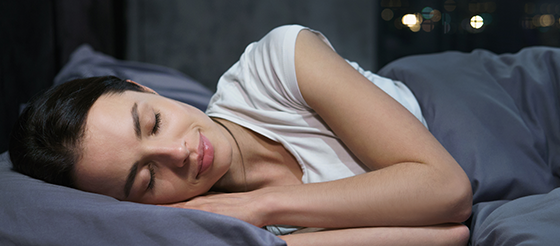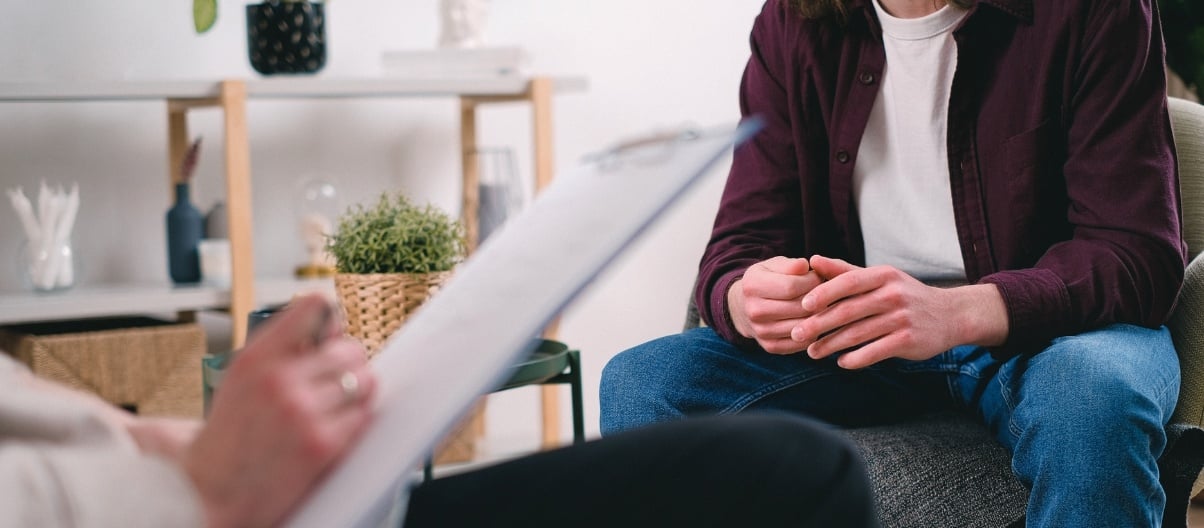- Insufficient Sleep and Sleep Inequity
- Sleep and Physical Health
- Sleep and Mental Health
- Cognitive Behavioral Therapy for Insomnia (CBT-I)
- Yoga for Better Sleep
- Deep Breathing Techniques
- Relaxation Strategies
- Embracing Mindfulness
- Integrating Sleep Therapy in the Justice System
- Conclusion
- Additional Resources
Insufficient Sleep and Sleep Inequity
- Short sleep, defined as less than seven hours per night, is 10.7% more prevalent among Black adults than their white counterparts. Additionally, oversleeping, characterized by more than nine hours of sleep per night, is 1.4% more frequent among Black adults than white adults.
- The recommended amount of sleep for adults aged 18 to 64 is seven hours or more per night, while adults aged 65 and older require seven to eight hours of sleep. Alarmingly, over one-third of adults in the United States sleep for less than seven hours per night, on average.
- Individuals in active-duty military service are 34% more likely to report inadequate sleep than those without a military service background.
- In the United States alone, insufficient sleep carries an estimated economic burden exceeding $411 billion annually.
- Insufficient or poor sleep leads to unplanned work absences, collectively costing the U.S. economy approximately $44.6 billion annually.
- Drowsy driving contributes to over 6,000 fatal car accidents annually in the United States.
Sleep and Physical Health
Sleep issues can significantly impact an individual's overall health, potentially leading to various medical illnesses and conditions. Here are some estimates of medical diseases that can be associated with sleep problems:
Cardiovascular Diseases: Sleep disorders like sleep apnea have been linked to an increased risk of hypertension (high blood pressure), heart disease, stroke, and irregular heart rhythms.
Type 2 Diabetes: Poor sleep patterns, concise sleep duration, and disrupted sleep are associated with an elevated risk of developing type 2 diabetes.
Obesity: There is a bidirectional relationship between obesity and sleep problems. Obesity can increase the risk of sleep disorders like sleep apnea, and inadequate sleep can contribute to weight gain.
Chronic Pain: Sleep problems can worsen chronic pain conditions like arthritis and fibromyalgia.
Neurological Disorders: Some neurological conditions, such as restless legs syndrome and narcolepsy, are characterized by sleep-related symptoms.
Gastrointestinal Issues: Sleep disturbances have been linked to gastrointestinal disorders like irritable bowel syndrome (IBS) and gastroesophageal reflux disease (GERD).
Respiratory Conditions: Chronic sleep disturbances, such as insomnia, can worsen respiratory conditions like asthma and chronic obstructive pulmonary disease (COPD).
Weakened Immune Function: Inadequate sleep can compromise the immune system, making individuals more susceptible to infections.Sleep and Mental Health
- In a SleepFoundation.org survey, it was found that during the winter, 70% of adults with seasonal affective disorder (SAD) experience fatigue, compared to 44.2% of those without SAD. 58.2% of respondents with SAD use sleep aids, while only 26.3% of those without SAD do the same.
- Stress and anxiety are the top reasons 54.4% of respondents cited in a SleepFoundation.org survey for experiencing difficulty falling asleep. Interestingly, Sunday is the night of the week when most people struggle to fall asleep.
- Approximately 40% of individuals with insomnia may have a diagnosable mental health condition.
- 83% of adults with depression exhibit at least one symptom of insomnia.
- As many as 91% of U.S. adults with post-traumatic stress disorder (PTSD) exhibit insomnia symptoms. The American Academy of Sleep Medicine reports that 80% of individuals with PTSD experience nightmares within three months of a traumatic event.
- Drinking more than two servings of alcohol per day for men and more than one serving per day for women can decrease sleep quality by 39.2%.
It's important to note that the impact of sleep issues can vary widely among individuals, and not everyone with sleep problems will develop these conditions. However, addressing sleep problems through lifestyle changes, behavioral interventions, and medical treatment when necessary can be crucial in preventing or managing these illnesses.
Cognitive Behavioral Therapy for Insomnia (CBT-I)
Yoga for Better Sleep
Deep Breathing Techniques
Relaxation Strategies
Embracing Mindfulness
Integrating Sleep Therapy in the Justice System
Integrated behavioral health is crucial within the criminal justice system, particularly in addressing sleep disturbances. Lack of sleep can exacerbate mental health issues and hinder rehabilitation, making sleep improvement a vital part of healing. By integrating therapeutic approaches like Cognitive Behavioral Therapy for Insomnia (CBT-I), mindfulness, and relaxation strategies, professionals in the criminal justice system can provide tailored support to those in their care. These approaches foster emotional regulation, reduce stress, and enhance overall well-being, directly influencing successful social reintegration. This holistic focus on mental and emotional health, including sleep, reflects a more compassionate and comprehensive approach to criminal justice, recognizing the interconnectedness of physical health, mental clarity, and emotional balance in rehabilitation.
Conclusion
Sleep is a precious gift that nourishes our bodies and minds, impacting every aspect of our daily lives. We can cultivate a healthier and more rejuvenating sleep routine by incorporating techniques like Cognitive Behavioral Therapy for Insomnia (CBT-I), yoga, deep breathing, relaxation strategies, and mindfulness. These practices empower us to release stress, reduce anxiety, and embrace a state of relaxation before bedtime, setting the stage for a night of restful sleep.
Remember that the path to better sleep is unique for each individual, and finding the best techniques may involve some exploration and experimentation. We can improve sleep quality and overall well-being by prioritizing sleep and incorporating these techniques into our daily lives. So tonight, let's unwind, breathe deeply, and embrace a restful night's tranquility. Sweet dreams!






















